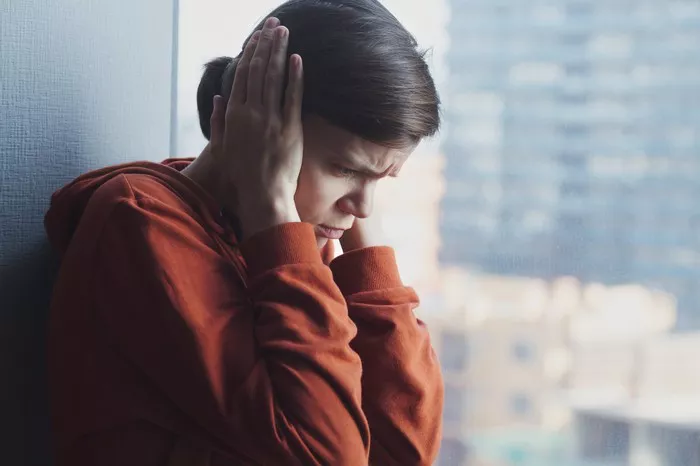A recent study published in JAMA Network Open highlights that mobile apps designed for mental health are effective in significantly reducing symptoms of depression and anxiety. The study, which evaluated various digital interventions, found no substantial difference in effectiveness among different apps.
In the U.S., mental health services often fall short of meeting demand, and many individuals find psychiatric care both costly and inaccessible. In response, a range of mobile apps has been developed to address this gap, though questions about their relative effectiveness persist.
To address these questions, researchers conducted a randomized clinical trial (ClinicalTrials.gov Identifier: NCT04342494) comparing three digital interventions: Silvercloud, Headspace, and an enhanced personalized feedback (EPF)-only digital mental health tool. The trial, which ran from May 2020 to December 2022, included follow-up assessments at six weeks. Participants were adult, English-speaking outpatients from various University of Michigan Health System psychiatry clinics. The study focused on changes in depressive symptoms, measured by the Patient Health Questionnaire-9 (PHQ-9), and also assessed anxiety, substance use, and suicidality.
A total of 2,079 participants took part in the trial, with a mean age of 36.8 years. Of these, 68.4% were women, 25.9% were men, and 5.1% identified as transgender or nonbinary. Participants were randomly assigned to one of five intervention groups: EPF, Silvercloud, Silvercloud plus EPF, Headspace, and Headspace plus EPF. The average baseline PHQ-9 score was 12.7, and 77.5% of participants attended at least one clinical visit before completing the six-week survey. The median time spent using the apps was 35.6 minutes.
At the six-week follow-up, significant reductions in PHQ-9 scores were observed across all five intervention groups, with decreases ranging from -2.1 to -2.9. There were no significant differences in the magnitude of these reductions among the different app-based interventions. Similarly, all five interventions resulted in significant reductions in anxiety and suicidality. However, Headspace showed a notable advantage over Silvercloud in improving suicidality, with a mean difference in change scores of 0.63 (95% CI, 0.20-1.06; P = .004).
The study’s authors concluded that mobile apps could serve as valuable supplementary tools within healthcare systems, particularly during delays caused by waiting lists. They noted that while the results are promising, the study had limitations, including the absence of a usual care control group and limited control over certain aspects of enrollment, such as waiting times for services.


